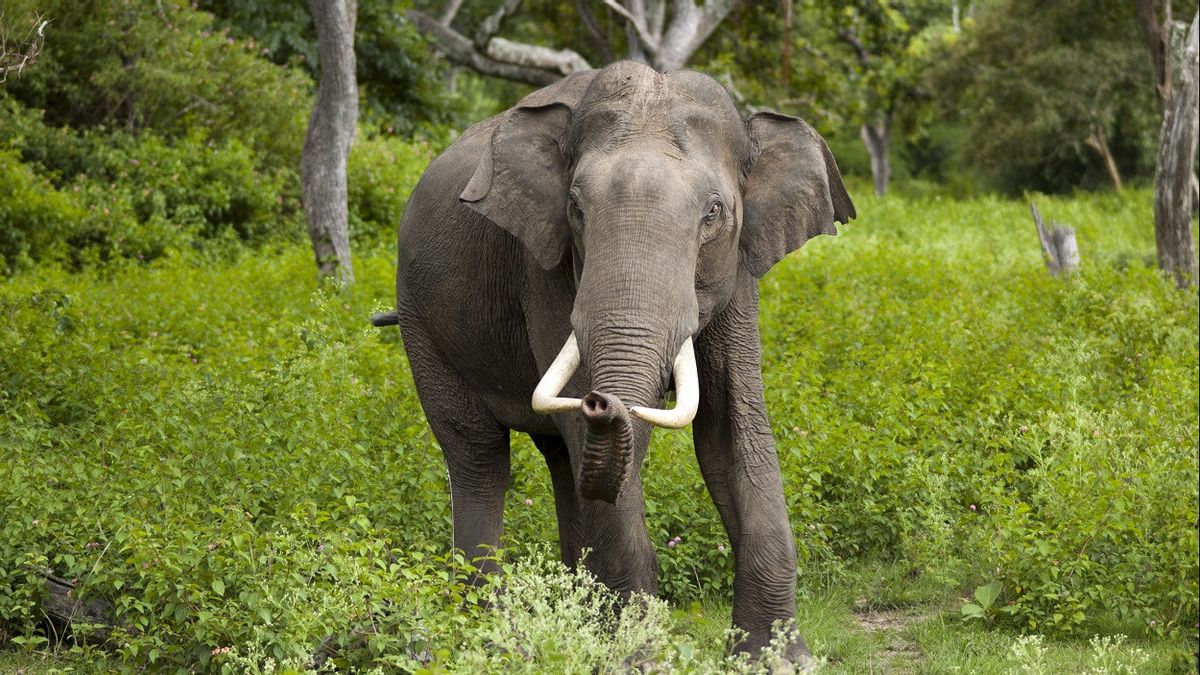JAKARTA - Fourteen wild elephants are heading south towards their protected habitat in southwest China's Yunnan Province, following a 1,300 km (807 mi) journey that has captured the public's imagination, provincial officials said late Monday this week.
Wildlife protection officials said at a press conference, the elephants safely crossed the bridge over the Yuan River, returning south to the nature reserve managed by Puer City.
An emergency committee was formed to deal with wild elephants, using electric fences and bait and creating artificial paths to ensure the elephants took the correct route.
Yang Yingyong, a member of the committee, told reporters the migration route was "scientifically planned".
"The committee will strive to allow the elephants to return to their habitat as soon as possible and thrive," he said, citing Reuters Aug. 10.
To support its implementation, Yunnan deployed more than 25,000 police and staff as well as 1,500 emergency vehicles to track and feed the elephants, ensuring public safety, said Wan Yong, head of the provincial forestry commission.
"More than 150,000 people were evacuated along the migration route and more than 5 million yuan or about 771 thousand US dollars in insurance funds were disbursed to cover property damage," he said.

To note, the herd then consisted of 16 elephants left their home in Xishuangbanna, 300km further south in March last year, and finally settled in a protected habitat in Puer.
In April this year, 15 elephants left Puer and covered more than 1,300 km through Yuxi City and Honghe, before reaching the outskirts of the provincial capital Kunming in June.
State protection efforts have allowed the Xishuangbanna wild elephant population to double since 1978. Wan said the ban on hunting has also made elephants more willing to enter human communities.
However, experts say natural habitats have shrunk and become fragmented due to rapid urbanization, the construction of new transport infrastructure, and the expansion of commercial agriculture.
SEE ALSO:
Separately, Shen Qingzhong, an expert with the Xishuangbanna National Nature Reserve Management Bureau, said it is likely that elephants will return to the north in the future.
"The migration and spread of Asian elephant populations are inevitable," he said in an instruction.
The English, Chinese, Japanese, Arabic, and French versions are automatically generated by the AI. So there may still be inaccuracies in translating, please always see Indonesian as our main language. (system supported by DigitalSiber.id)


















